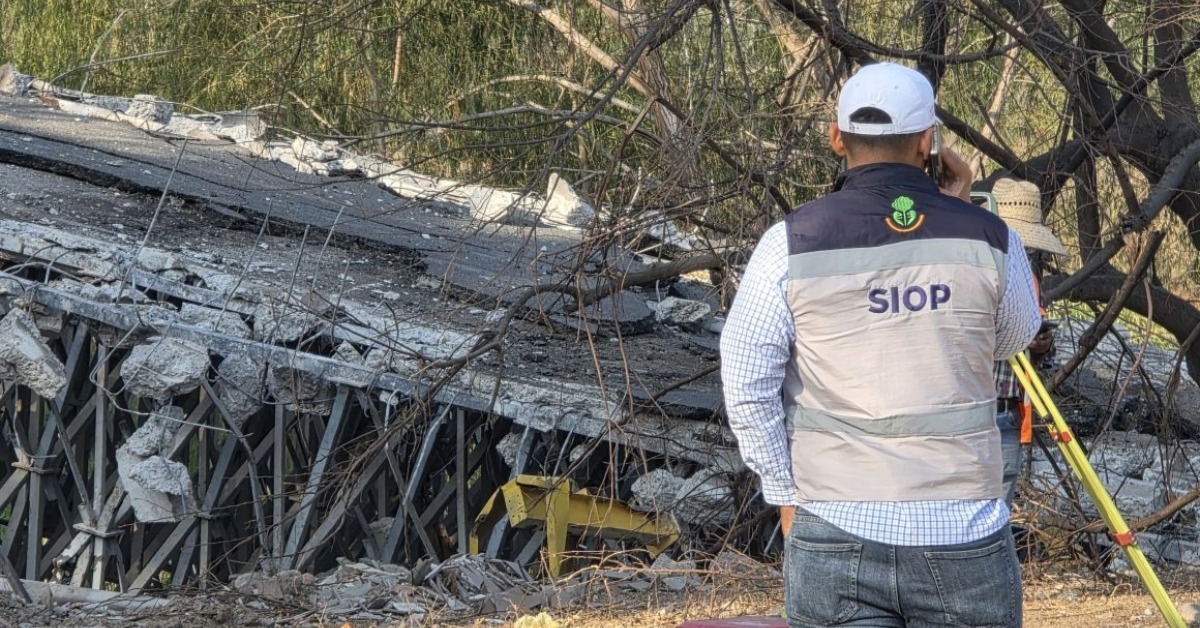By Carmen Poon
Before I get started, I have a confession to make. I am a recovering perfectionist. Since moving here, I have fallen off the wagon of recovery a couple of times. Some of what follows comes from that place.
I’m sure that you are familiar with the expression “use it or lose it” and this definitely applies to languages. It is particularly true of people who learn a language as an adult. An adult who is fluent will not lose all of his/her ability in a language if it is not used daily . . .






